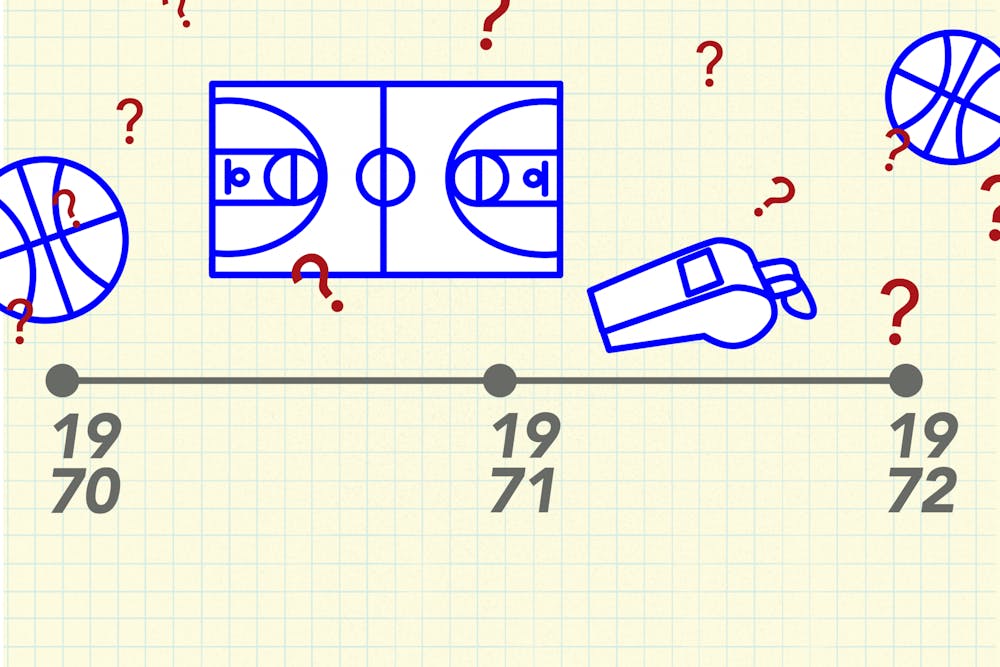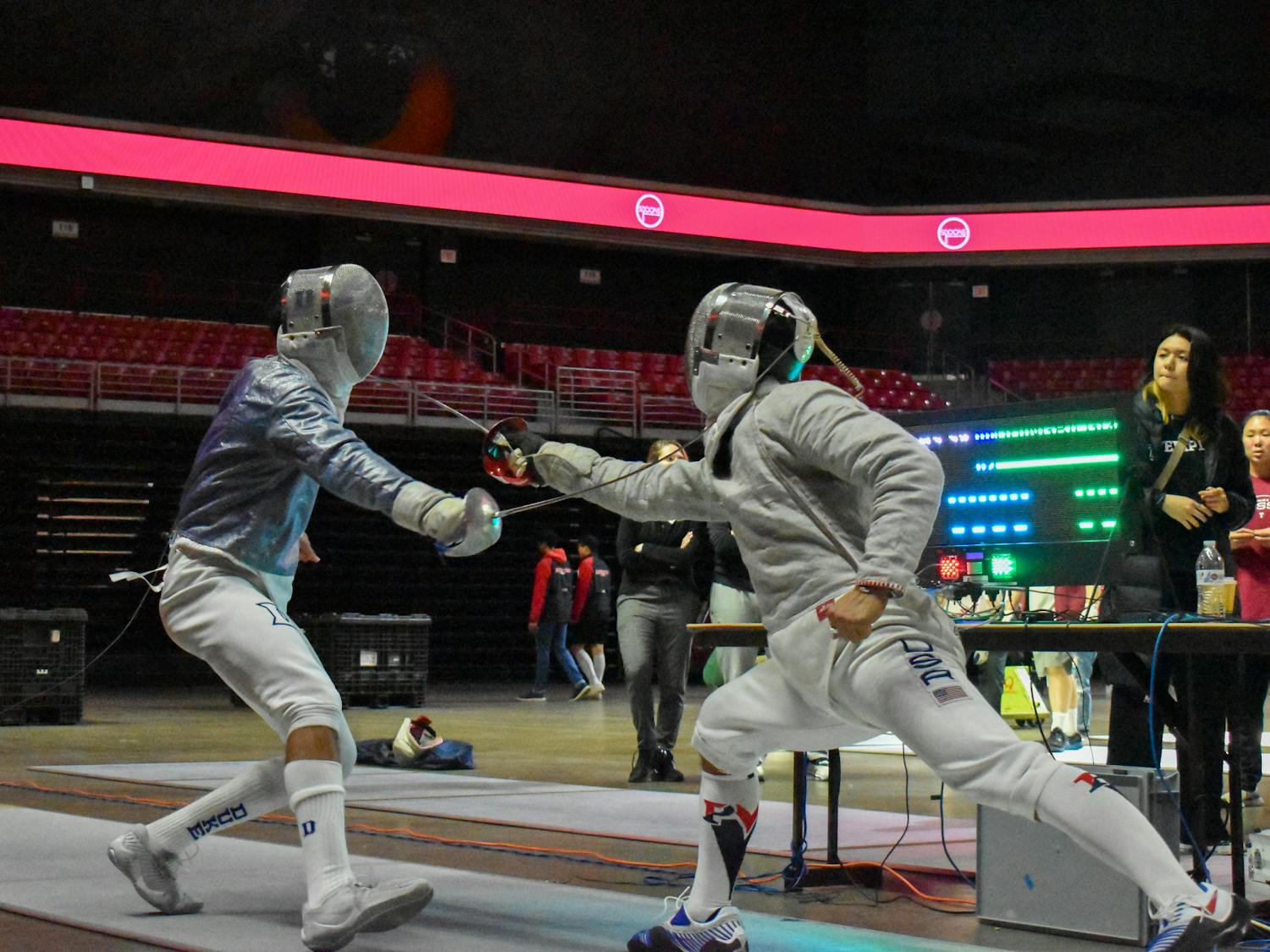Regardless of the level of competition, any great team you come across will be led by a great coach. Within the first three years after the creation of Penn women’s basketball, the Quakers played without a coach entirely.
The path for the creation of a women’s basketball program at Penn was born over a century ago. By 1916, women at Penn began to push for an opportunity to compete in athletics. The undergraduates formed a Girls’ Athletic Committee in 1918.
In 1920, a group of female Penn students began meeting at the West Branch YMCA to practice sports, mainly basketball. That ended up growing in popularity and expanded to include other sports like tennis and baseball.
By 1921, Penn officially began to support the Women’s Athletic Association. Despite the efforts of these athletes, it was not for about another 50 years that women’s basketball would become a varsity sport at Penn.
Shortly after the creation of Title IV in 1965, Penn introduced women’s basketball as a varsity sport in 1970. Similar to any new and young team, the first few years of the program faced some obstacles.
The Red and Blue spent the 1970-72 seasons without a coach. Their inaugural season was their most successful of the three. In 1970, the Quakers posted a 4-6 record, which certainly was a meaningful accomplishment. Winning four games proved the Quakers could compete at this level, even if they were without a coach.
The Quakers regressed in 1971, finishing with a 2-8 record. It was certainly difficult to play without a head coach. 1972 wasn’t much better, as the Quakers finished with a 2-6 record.
Playing without a coach is no easy task. However, just having an official season and being recognized as a varsity team was a victory for many of the female athletes at Penn.
RELATED
All-time Penn women's basketball team: Starting five
A century of progress: Looking back at women's athletics at Penn over time
Marie Darlington came in 1973 to coach the team, and improvements were immediate. In her one year as a coach at Penn, the Quakers had their first winning record, finishing the season at 5-4.
Despite the Quakers’ moderately successful season under Darlington, her tenure didn’t extend beyond 1973. She was succeeded by Connie Van Housen. Van Housen also only coached for a year, but later on became the Director of Women’s Athletics at Penn. The Quakers demonstrated significant improvement in 1973 under Van Housen, with a 10-6 record.
In the 1970s, it was challenging for a new, young, and relatively inexperienced team to compete at a high level without any continuity regarding the head coach. The revolving door of coaches finally ended in 1974. For the next 12 years, the Quakers were coached by Lois Ashley, who would set the foundation for years to come.
The team started Ivy League competition in 1979 under Ashley, and in their first five seasons of conference play had a combined 31-13 record. These few years established Penn as a powerhouse in the Ivy League, which is still evident to this day.
The first few years of women’s basketball at Penn set the foundation of the program for years to come. It is unheard of for a college team to play without a coach, and it is certainly something that wouldn’t be seen today. But this was a massive obstacle for a young program to overcome. The Red and Blue endured some difficult stretches of play, but their dedication to the program opened the door for future female athletes at Penn.
Penn women’s basketball has certainly come a long way since their time without a coach. The legacy established in these tough years, though, paved the way for the prestige of the program today.









